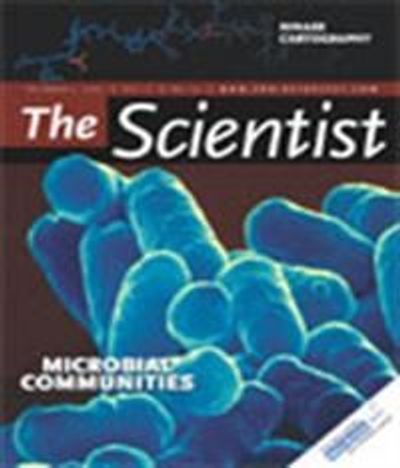Anne MacNamara |
 |
For years, when neuroscientists who study taste and smell submitted research grant proposals to the National Institutes of Health, half of the reviewers were not experts in the subspecialty. Instead, they studied language. Likewise, when language neuroscientists submitted proposals, their fates lay partly in the hands of people whose main interest in the human head started at the mouth and nose and ended in parts of the brain unrelated to language.
"Historically, we had been placed with them because the National Institute [on] Deafness and Communication [Disorders] dealt with both language and chemical senses," says chemoreceptor scientist Charles Greer, professor of neurosurgery and neurobiology at Yale University School of Medicine. "We were quite distant from them ...."
Interested in reading more?
